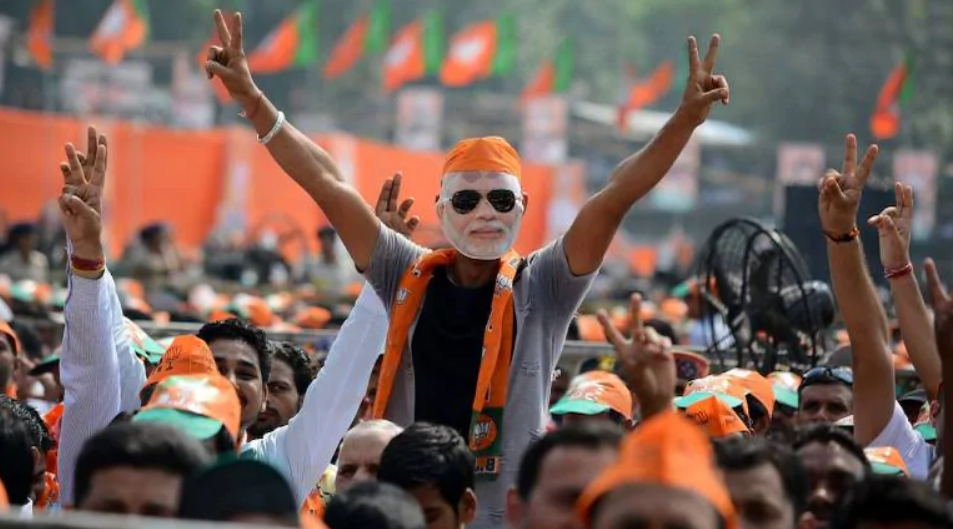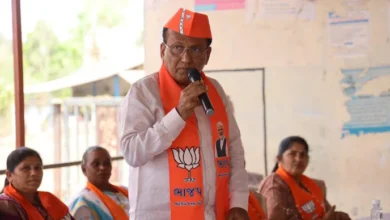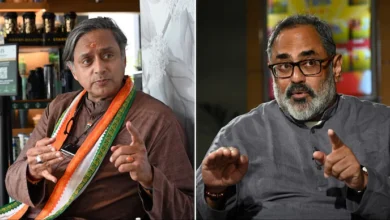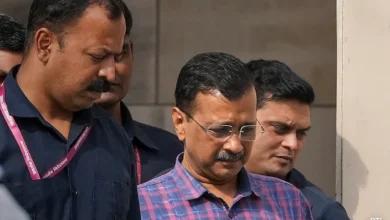Gujarat’s Strict 2 child policy barred three candidates from contesting elections


Naran Savseta, a Congress candidate from Rajkot was disqualified for having three children, the first by a wife now divorced. And two other from the current wife.
The other is a two-term sitting corporater from BJP, Dipak Shriwastav, contesting as independent because he was denied ticket by the party. He declared that his second child (born 2017) had been “adopted” by his father BJP MLA Madhu Shrivastav in December 2020 — two months after the birth of his third. Both children were born during his ongoing term (2015-20); the first had been born in 2011. But the election department invalidated his nomination citing Vadodara birth records as having registered Dipak as the biological father and the Gujarat Local Authorities Act, which states that every biological child is to be counted as children born to the candidate, regardless of their survival, adoption or separation.
The third candidate, sitting corporator Viren Rami from Vadodara who was contesting as an independent, was disqualified on the same grounds as the Rajkot candidate — he had a biological child from his first marriage, who was not mentioned in his affidavit. Rami, incidentally, had been allowed to contest in 2015 (and won) because no one objected to the nomination.
Each had 3 children respectively: There is an upcoming municipal body election in the state. The nomination of 3 candidates was challenged under the 2 child policy of the state.
What is the 2 child policy of Gujarat?
In 2005, the Gujarat government led by then Chief Minister Narendra Modi amended the Gujarat Local Authorities Act to “prevent a person having more than two children to be a member of panchayat, or the councillor of a municipality or municipal corporation”.
The amendment also added the clause to the other Acts governing elections to local administrative bodies such as the Gujarat Provincial Municipal Corporations Act, 1949, and the Gujarat Panchayats Act.
The rationale behind the two-child policy was said to be the need to “order and stabilise” the growing population of the country, beginning with elected representatives, who should lead by example.



